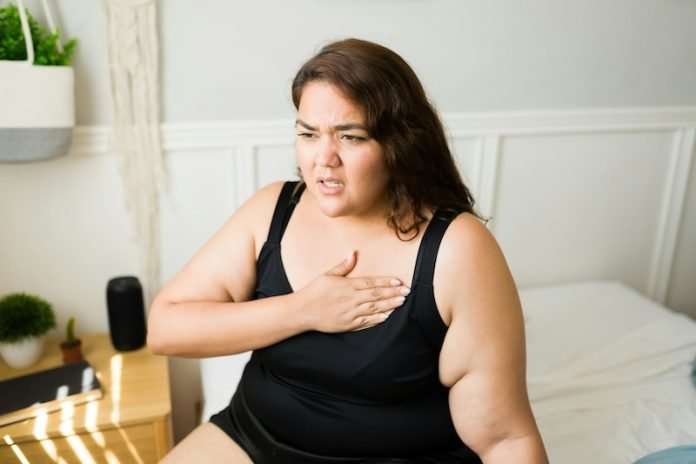
Experiencing a heart attack when you’re alone can be terrifying. Preparation and quick action can significantly increase your chances of survival. This guide offers essential steps to take if you find yourself in this critical situation.
A heart attack, also known as myocardial infarction, occurs when the flow of oxygen-rich blood to a part of the heart muscle is suddenly blocked. The heart muscle needs oxygen to survive, and without it, the tissue starts to die.
Symptoms of a heart attack can vary but typically include a severe chest pain that may spread to your arm or jaw, discomfort in other upper body areas, difficulty breathing, a cold sweat, nausea, or feeling lightheaded. It’s vital to recognize these signs early, especially when alone.
Immediate Actions to Take:
Call Emergency Services: This should always be your first move. Do not wait to see if the symptoms pass as every minute matters. Calling for help ensures that you can receive medical attention as soon as possible. If you’re unable to make the call yourself, try to use any voice-activated device nearby that can dial emergency services for you.
Chew Aspirin: If it’s accessible and you’re not allergic, chew a 325 mg aspirin tablet. Chewing the tablet instead of swallowing it whole allows for quicker absorption, which can help slow the formation of new blood clots and reduce the growth of existing ones. Remember, do not take aspirin as a preventive measure unless directed by a doctor.
Stay Calm: Try to remain as calm as possible to reduce the demand on your heart for oxygen. Sit in a semi-reclined position, which can help decrease your heart’s workload. Avoid any unnecessary movement that could increase your heart’s oxygen needs.
What Not to Do:
Don’t Ignore Symptoms: Even if they’re mild or different from typical ‘movie’ heart attack scenes, take them seriously. Subtle or confusing symptoms still warrant immediate attention.
Don’t Drive Yourself to the Hospital: This is dangerous not only for you but for others on the road. Emergency services can start medical treatment immediately upon their arrival, something you cannot do if you’re driving.
Don’t Take a Shower or Bath: It might seem soothing, but using hot water can increase the strain on your heart, which is risky during a heart attack.
The Importance of the First Hour:
Research underscores the critical importance of the first hour after a heart attack begins, often referred to as the “golden hour.” Effective treatment within this initial hour can significantly lessen heart damage and improve the odds of survival.
This was highlighted in a study by the Journal of the American Heart Association, which pointed out that immediate and appropriate action drastically affects outcomes.
Being alone during a heart attack means you need to act both as the patient and the first responder. Keeping emergency numbers within easy reach, educating yourself about heart attack symptoms, and planning ahead can all make a crucial difference.
In summary, while the prospect of handling a heart attack alone is daunting, knowing what to do can empower you to save your own life. Awareness, quick response, and preparedness are your best tools in such a critical moment.
If you care about heart health, please read studies that vitamin K helps cut heart disease risk by a third, and a year of exercise reversed worrisome heart failure.
For more information about heart health, please see recent studies about supplements that could help prevent heart disease, stroke, and results showing this food ingredient may strongly increase heart disease death risk.
Copyright © 2024 Knowridge Science Report. All rights reserved.



